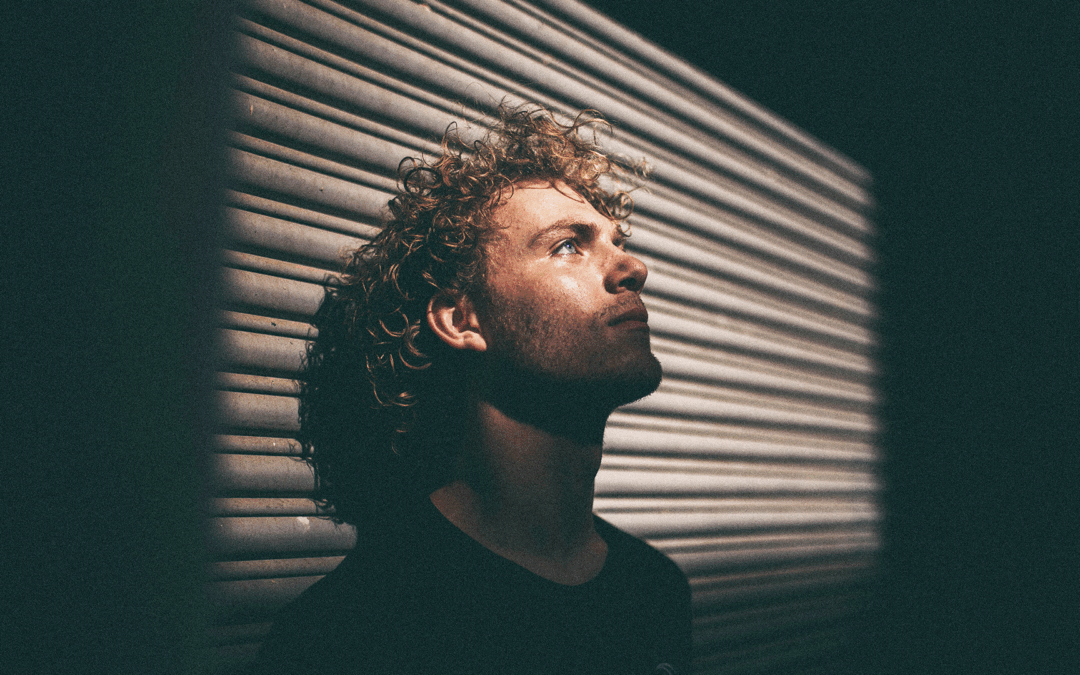Feeling down? Constantly worried? Struggling to enjoy life, even when things are “fine”? If you’ve been navigating a mix of low mood and high anxiety, you’re not alone—and what you’re experiencing is more common than you might think.
At Wings Recovery, we often hear from people who wonder:
“Do I have anxiety, depression, or both?”
“Why am I feeling everything so intensely… or nothing at all?”
“Is there something wrong with me?”
The short answer? No—there’s nothing wrong with you. You’re human. And it’s very possible to experience both anxiety and depression at the same time.
Let’s explore what that looks like, how these conditions overlap, and most importantly—how you can begin to heal.
What Are Anxiety and Depression?
Anxiety
Anxiety is more than just worry. It’s a state of heightened alertness that makes your mind race, your body tense, and your thoughts spiral with fear about what could happen. It’s the feeling of being “on edge” all the time, even when there’s no immediate threat.
Depression
Depression, on the other hand, is often described as a deep emotional fog. It can feel like sadness, numbness, or emptiness that doesn’t go away. You may lose interest in things you once enjoyed, struggle to find motivation, or feel like you’re moving through life in slow motion.
While these two conditions seem like opposites—one revving you up, the other slowing you down—they actually coexist more often than you might think.
Can Anxiety and Depression Occur Together?
Yes. And they often do.
In fact, according to the U.S. National Comorbidity Survey approximately 50% of people with depression also experience anxiety symptoms. This is sometimes referred to as co-occurring anxiety and depression—meaning they show up together and can affect each other.
It’s like your nervous system is stuck in two gears: revved up from anxiety and weighed down by depression.
This can be incredibly confusing. You might feel:
- Mentally exhausted, but unable to relax
- Hopeless about the future, yet terrified of it
- Afraid to be alone, yet too drained to connect with others
- Like you’re feeling everything at once—or nothing at all
Sound familiar? You’re not imagining it. And you’re not alone.
Common Symptoms of Co-Occurring Anxiety and Depression
Here’s what it can look like when both are present:
Emotional Symptoms:
- Persistent worry, dread, or panic
- Ongoing sadness or emptiness
- Feeling overwhelmed or hopeless
- Irritability or agitation
- Loss of interest or joy in daily life
Physical Symptoms:
- Trouble sleeping—or sleeping too much
- Fatigue or low energy, even with rest
- Muscle tension, headaches, or stomach issues
- Changes in appetite
- Heart racing or shortness of breath
Cognitive Symptoms:
- Racing thoughts or intrusive worries
- Difficulty concentrating or making decisions
- Low self-esteem or self-criticism
- Fear of failure or letting others down
- Thoughts of death or suicide (in severe cases)
You don’t need to check every box to be struggling. If your emotional state is interfering with your quality of life, relationships, or ability to function—that’s enough reason to seek support.
What Causes Anxiety and Depression to Coexist?
There’s no single cause, but several factors may contribute:
- Genetics: A family history of mood or anxiety disorders can increase your risk.
- Brain chemistry: Imbalances in neurotransmitters like serotonin and dopamine may play a role.
- Chronic stress: Long-term exposure to stressors like trauma, grief, or toxic environments can wear down your resilience.
- Life changes: Major transitions—whether it’s loss, moving, illness, or identity shifts—can trigger both conditions.
- Unresolved trauma: Emotional wounds that haven’t healed can create internal conflict and dysregulation, leading to symptoms of both anxiety and depression.
At Wings Recovery, we also understand that these symptoms don’t arise in a vacuum. They often reflect deeper unmet needs, unprocessed pain, or environments where you didn’t feel safe, seen, or supported.
Why It’s Hard to Spot (or Treat) Both
Because anxiety and depression can mask or magnify each other, it can take time to recognize what’s really going on.
Someone might seek help for anxiety, but overlook signs of depression—like numbness or fatigue—thinking it’s just “burnout.” Or someone struggling with depression may downplay their anxious thoughts because they’re so focused on just getting through the day.
And if you’ve been coping on your own for a long time, you might not even realize how much better things could feel with support.
How to Start Getting Help
If you’re dealing with anxiety, depression, or both, please know: healing is absolutely possible. You don’t have to live like this forever. And you don’t have to do it alone.
Here are some first steps you can take:
1. Talk to Someone You Trust
This could be a friend, family member, mentor, or therapist. Naming what you’re feeling is the first step toward healing.
2. Consider Professional Support
Therapists can help you untangle the root causes of your anxiety and depression, develop new coping strategies, and guide you toward lasting relief. At Wings Recovery, we create customized, compassionate care plans tailored to each person’s unique needs.
3. Explore Mind-Body Healing
Anxiety and depression don’t just live in your thoughts—they live in your body, too. Practices like yoga, deep breathing, expressive arts, or trauma-focused movement can help calm your nervous system and reconnect you with your sense of self.
4. Evaluate Medical Options
In some cases, medication can help rebalance brain chemistry and reduce symptoms—especially when combined with therapy. A psychiatrist or doctor can help you explore this option thoughtfully.
5. Build a Self-Compassion Practice
You are not lazy. You are not broken. You are doing the best you can with the tools and support you have. Be kind to yourself—and remember that healing isn’t linear.
How Wings Recovery Can Support You
We know that living with anxiety and depression can be overwhelming. It can feel like you’re constantly treading water, unsure whether you’ll sink or swim. But at Wings Recovery, we believe healing is in reach for everyone.
We offer:
- Trauma-focused individual therapy that goes beyond surface symptoms
- Group therapy for connection, reflection, and support
- Psychiatric services, including medication evaluation and management
- Mind-body practices like yoga, art therapy, and mindfulness
- Holistic approaches that honor your whole self—mind, body, and spirit
- Flexible levels of care, from outpatient support to residential treatment, depending on your needs
We don’t just treat anxiety and depression. We support the whole person behind the symptoms—your story, your strengths, and your hopes for the future.
Final Thoughts
Anxiety and depression are not signs of weakness. They are signs that your nervous system, your heart, and your mind are carrying more than they were meant to. But no matter how long you’ve been struggling, you are not alone—and you are not beyond help.
At Wings Recovery, we’re here to walk with you. Not to fix you—but to help you remember your strength, your resilience, and your capacity for healing.
If you’re ready to take the next step—or even if you’re just curious—reach out to us.
You don’t have to know exactly what you need. You just have to know you don’t want to keep carrying it alone.
We’ll meet you where you are—with compassion, not judgment—and help you find your wings.

